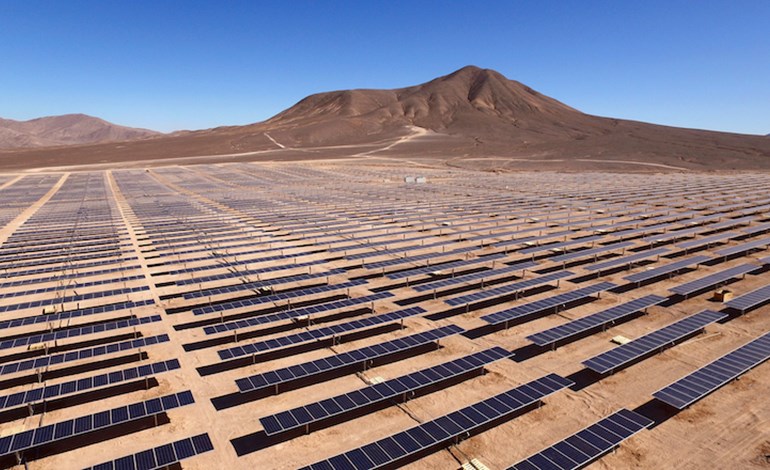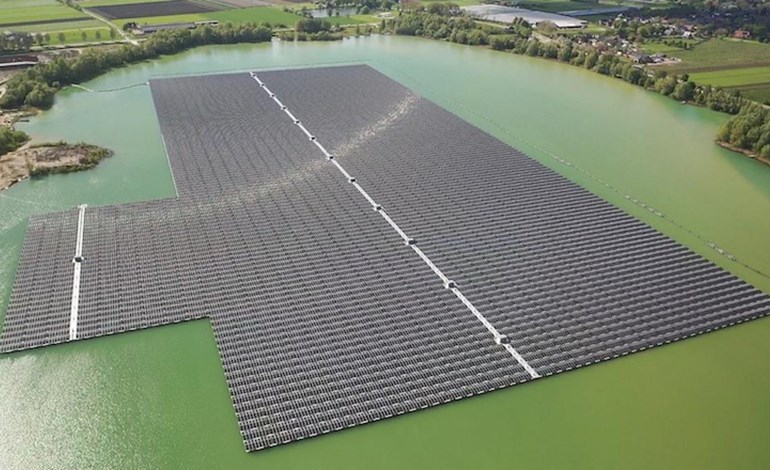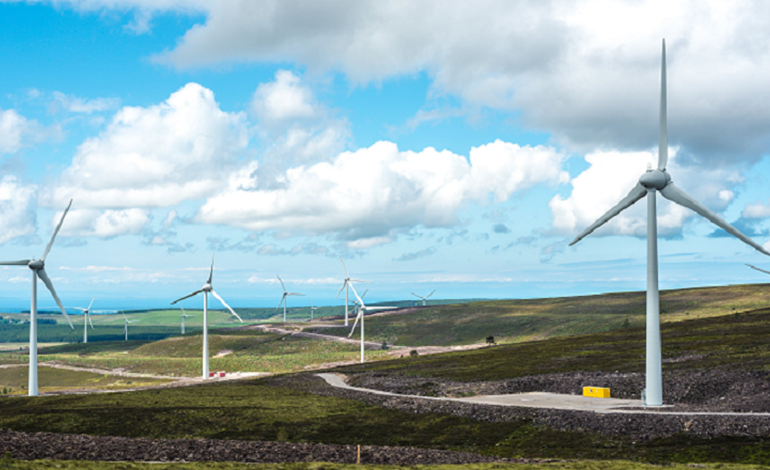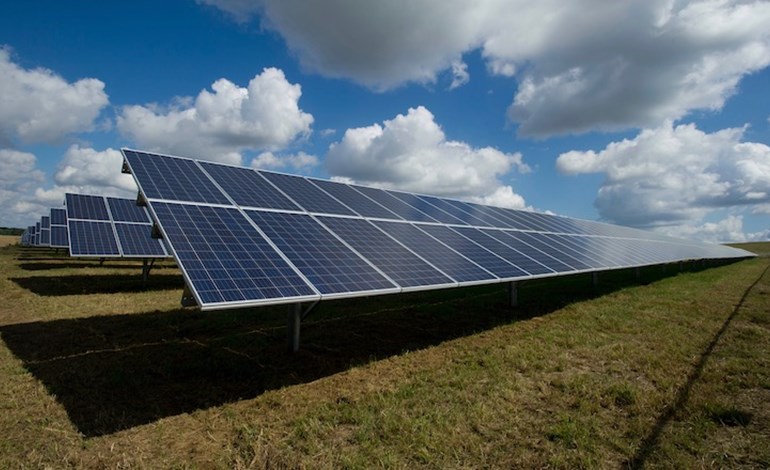Repsol Ibereólica Renovables Chile's joint solar project has reached a significant milestone as the first phase of the initiative begins generating electricity for the grid. The partnership between Repsol and the Ibereólica Renovables Group has resulted in the successful operation of the Elena photovoltaic plant, which currently boasts an installed capacity of 76.8MW. Upon completion of the entire project, the plant's capacity will reach an impressive 596MW.
The Elena photovoltaic plant, once fully operational, will be capable of producing a substantial amount of renewable energy, enough to power over 554,000 households in Chile. Additionally, it is estimated that the plant will prevent approximately 1.19 million tonnes of CO2 emissions from being released into the atmosphere.
See also: Repsol Expands Renewable Energy Portfolio in Italy with 1768MW of Projects
João Paulo Costeira, Repsol's executive managing director of Low Carbon Generation, expressed his satisfaction with the collaboration, stating, “Our partnership with the Ibereólica Renovables Group, a highly experienced partner with strong renewable energy capabilities, allows us to meet our growth and diversification goals in Chile, a country that offers us great potential for asset development. This project contributes significantly to our aim of achieving 6,000MW in operation by 2025.”
Gregorio Álvarez, founder and president of the Ibereólica Renovables Group, also expressed his delight at the milestone, emphasizing Repsol's dedication to the decarbonization of Chile. He stated, “It is a great pleasure to celebrate the commencement of electricity production at the Elena photovoltaic plant. Through our collaboration with Repsol, a partner that has consistently demonstrated its commitment to decarbonization, we have built a solid foundation for jointly developing a more sustainable future for Chile.”
See also: Glenfarne and Samsung Engineering Launch Green Hydrogen Projects in Chile
The successful implementation of this solar project not only highlights the potential for renewable energy development in Chile but also showcases the effectiveness of strategic partnerships in achieving sustainable goals. As the country continues to prioritize clean energy initiatives, collaborations such as this one serve as essential building blocks for a greener and more environmentally conscious future.






